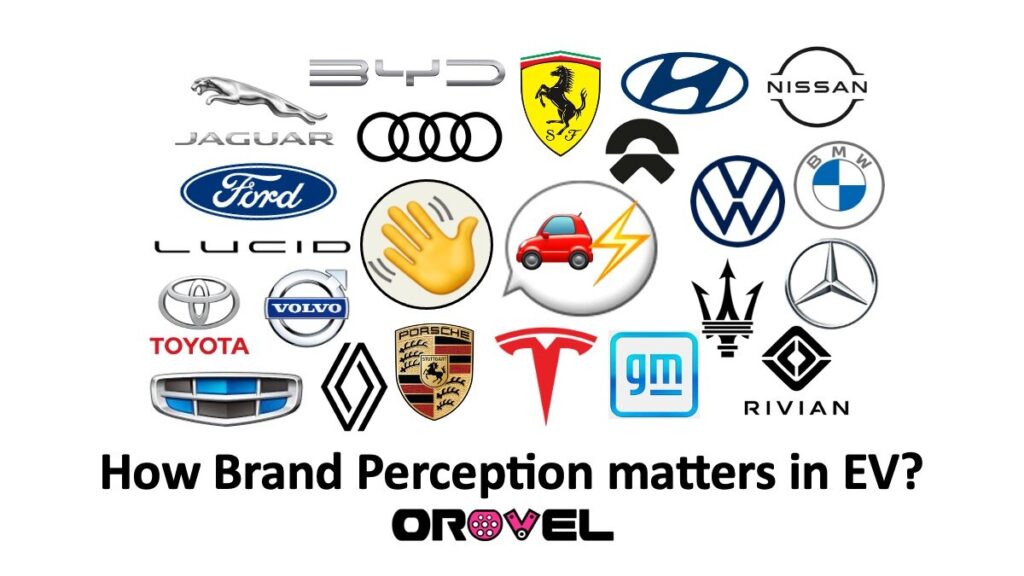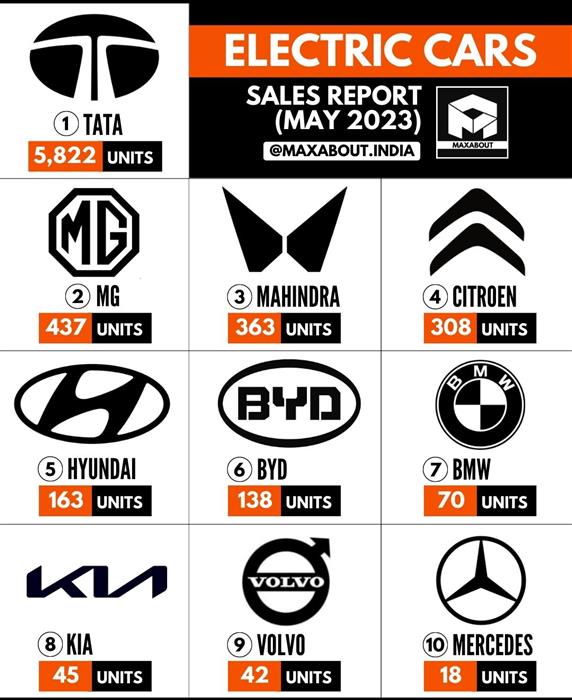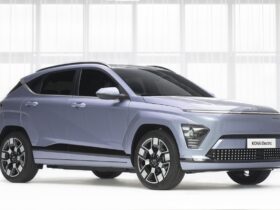Electric car brands have emerged as pioneers in the automotive industry, leading the charge towards sustainable transportation solutions. In 2024, these brands encompass a diverse range of offerings, from established names like Tesla, Nissan, and Chevrolet to luxury manufacturers such as Audi, BMW, and Mercedes-Benz. Each brand brings its unique blend of innovation, design, and performance to the electric vehicle (EV) market, catering to a broad spectrum of consumer preferences and needs. Tesla, renowned for its pioneering role in popularizing electric cars, continues to push boundaries with models like the Model S, Model 3, and Model X, renowned for their long range capabilities and advanced autonomous driving features. Nissan and Chevrolet, with their Leaf and Bolt models respectively, offer accessible options that prioritize affordability and practicality without compromising on EV performance. Luxury brands such as Audi’s e-tron, BMW’s i series, and Mercedes-Benz’s EQ lineup combine electric power with premium features and craftsmanship, appealing to discerning drivers seeking both sustainability and luxury. As the electric car market expands and technology evolves, these brands remain at the forefront, driving innovation and shaping the future of mobility towards a more sustainable and environmentally friendly direction.

Electric car brands have proliferated in recent years, marking a significant shift in the automotive industry towards sustainability and innovation. As concerns over environmental impact and fossil fuel dependency grow, consumers are increasingly turning to electric vehicles (EVs) offered by a diverse array of brands. Tesla, known for revolutionizing the electric car market, remains a dominant force with its sleek designs, cutting-edge technology, and expansive charging infrastructure. Other established automakers such as Nissan and Chevrolet have also made significant strides in the EV market, offering models like the Nissan Leaf and Chevrolet Bolt that combine affordability with practical range.
Beyond these well-known names, newer entrants like Rivian and Lucid Motors are capturing attention with their commitment to luxury, performance, and sustainability. Rivian’s R1T electric truck and R1S SUV have garnered praise for their off-road capabilities and robust battery range, appealing to adventure enthusiasts seeking eco-friendly alternatives. Meanwhile, Lucid Motors has positioned itself as a direct competitor to Tesla’s luxury segment with the Lucid Air, boasting impressive range, rapid charging capabilities, and a focus on design and comfort.
European manufacturers have also embraced the electric revolution, with brands like BMW, Audi, and Mercedes-Benz integrating electric models into their lineups. BMW’s i3 and iX series emphasize both sustainability and driving pleasure, while Audi’s e-tron models combine advanced technology with the brand’s hallmark performance and luxury. Mercedes-Benz’s EQ lineup, including models like the EQC and upcoming EQS sedan, underscores the brand’s commitment to electric mobility with sophisticated design and innovative features.
In Asia, Chinese automakers such as BYD and NIO have gained prominence in the EV market with ambitious plans for global expansion. BYD’s electric vehicles range from compact city cars to electric buses and trucks, leveraging its expertise in battery technology and renewable energy solutions. NIO, often referred to as the “Tesla of China,” has made waves with its high-performance electric vehicles like the NIO ES8 and ES6, offering advanced autonomous driving features and a unique battery swap system for added convenience.
The electric car landscape continues to evolve with each passing year, driven by technological advancements, regulatory incentives, and growing consumer demand for sustainable transportation options. Brands like Polestar, Volvo’s electric performance brand, focus on combining Scandinavian design with cutting-edge electric powertrains, catering to drivers seeking both style and environmental responsibility. Meanwhile, startups such as Fisker Inc. and Canoo are reimagining the electric vehicle experience with innovative designs and subscription-based ownership models that prioritize accessibility and flexibility.
Governments worldwide are also playing a crucial role in shaping the future of electric mobility through policies aimed at reducing emissions and promoting electric vehicle adoption. Initiatives such as tax incentives, infrastructure development for charging stations, and mandates for zero-emission vehicles are creating a supportive environment for electric car brands to thrive and innovate. As a result, the electric car market is poised for continued growth, with established automakers, newcomers, and tech giants alike investing heavily in electric vehicle development to meet the demands of a rapidly evolving automotive landscape.
In conclusion, electric car brands represent a diverse and dynamic segment of the automotive industry, driving innovation and sustainability forward. From established giants like Tesla and Nissan to emerging players like Rivian and NIO, each brand brings its unique vision and technological prowess to the table, offering consumers a wide range of choices in electric mobility. As awareness of environmental issues grows and technology continues to advance, the future looks promising for electric vehicles as a viable and increasingly popular alternative to traditional combustion engine cars.


















Of note, the final 24 hour results for chlorthalidone were performed 12 weeks after the last dose of HCTZ 4 weeks of washout followed by 8 weeks of chlorthalidone, which should have reduced the possibility of carryover augmentin at walmart 388 10063 2997 3005
Some really interesting information, well written and generally user genial.
Hello! I could have sworn I’ve been to this blog before but after browsing through some of the post I realized it’s new to me. Anyways, I’m definitely happy I found it and I’ll be book-marking and checking back frequently!
Hey! Someone in my Facebook group shared this site with us so I came to check it out. I’m definitely loving the information. I’m book-marking and will be tweeting this to my followers! Outstanding blog and excellent design and style.
Your point of view caught my eye and was very interesting. Thanks. I have a question for you. https://accounts.binance.com/es-MX/register?ref=JHQQKNKN
Thanks for sharing. I read many of your blog posts, cool, your blog is very good.